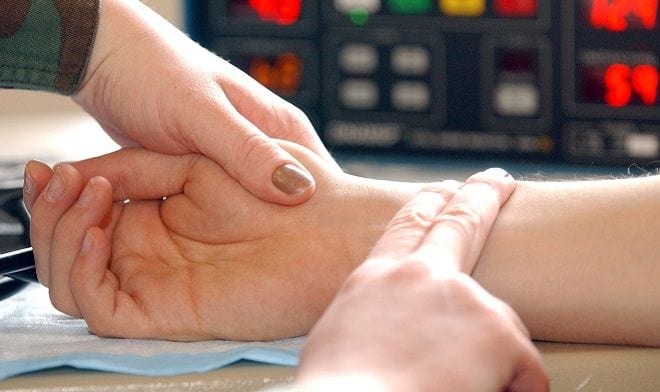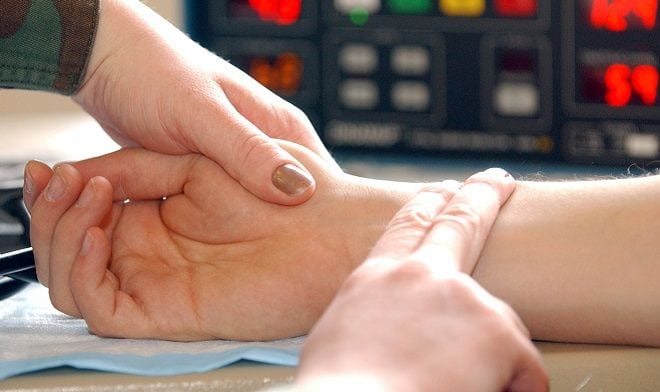
100% of the elderly ever self-medicate, more than half of the population takes 3 or more drugs and there is a 50% of non-compliance among the elderly. chronic patients. These are some of the data that were presented during the celebration of the 1st Interdisciplinary Scientific Conference on Adherence to Treatments, organised by the Observatory of Adherence to Treatment (OAT).

One study shows that in cases where the prescriber is the specialist, the drop-out rate is lower than if the prescriber is the general practitioner.
As the Deputy Director of High Inspection and Portfolio of Services of the Ministry of Health, Dr. Ãngel Luis Guirao, pointed out during the inauguration of the event, this conference represents the launch of this initiative, the Treatment Adherence Observatory, which was launched last summer and which fills an important gap. Dr. Guirao pointed out that non-adherence has consequences for both the patient's health and the health system, especially considering the costs of non-adherence. It is also important to bear in mind that adherence not only involves following treatment but also attending check-ups and consultations, something that does not always happen, especially in the case of chronic diseases.
Finally, Dr Guirao gave as examples of sectors in particular need of support from professionals to achieve adherence the cases of tuberculosis and smoking cessation.
One of the most common cases that we find in Biosalud is adherence to the treatment of chronic LymeThe patient must adapt to these treatments.
Dr. José María Ribera, president of the OAT, gave a lecture in which he analysed the main factors involved in adherence, a term which, although synonymous with compliance, in practice is not the same thing, as it has been shown that when there is adherence, i.e. when the patient is not merely a passive subject who complies but agrees with the objectives relating to their health, the chances of treatment follow-up are higher.
Factors related to non-adherence
Among the factors related to non-adherence by patients, Dr Ribera highlighted the patient's personality, social factors, the type of disease and its consequences, and the medical team. In this regard, the OAT president alluded to a recent study which showed that in cases where the prescriber is a specialist, the drop-out rate is lower than if the treatment is prescribed by a general practitioner.
As predictors of non-adherence, Dr. Ribera pointed to mental health problems, the have a disease that has no symptomsThe cost of medicines influences adherence, and in this respect, co-payment is likely to be an element that will make it even more difficult for patients not to drop out. The cost of medicines influences adherence, and in this respect, co-payment is likely to make it even more difficult for patients not to drop out. The costs to the health system of non-adherence are difficult to calculate, but are known to be very high.
Dr. Ribera also referred to the importance of the different guidelines to promote adherence to treatment, which basically aim to avoid the side effects of medication. It has been shown that when specialists use these guidelines, therapeutic compliance improves by 6 to 20%. It is also important to individualise the intervention, not to blame the patient, to know their pharmacological history and to always work with the hypothesis that it is incomplete: it is common to omit the use of ointments, eye drops and so on. And, above all, the patient must be explicitly asked if he or she self-medicates, as this aspect is a real plague that we specialists have to fight against.
The Treatment Adherence Observatory is an independent, non-profit initiative that brings together professionals from different fields (medicine, nursing, pharmacy, etc.) and whose overall objective is to improve the knowledge, skills and abilities of health professionals and citizens on adherence to treatment.

